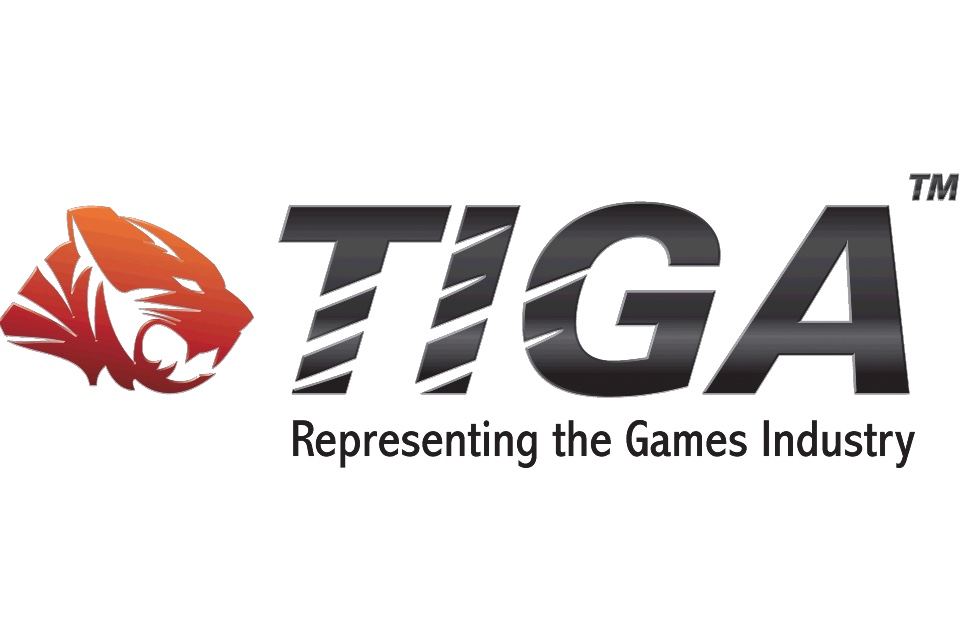
The Government is replacing the outgoing Video Games Tax Relief (VGTR) with the new Video Games Expenditure Credit (VGEC), a move which has important implications for game development studios based in the UK. Following yesterday’s Autumn Statement, here’s everything you need to know…
Video Games Tax Relief (VGTR) came into effect in 2014 after 7 years of campaigning by TIGA. Between its introduction in 2014 and the end of March 2022, UK companies have claimed VGTR on 1,940 titles with a total of £830 million paid out by HMRC to UK games companies on £5.1 billion in aggregate development expenditure. Since VGTR’s introduction, employment in our sector has grown by an annual average of 9 per cent.
In November 2022 HM Treasury launched a consultation on its proposals to significantly amend Video Games Tax Relief (VGTR) in three areas:
- Removing the eligibility of European expenditure from VGTR and replacing this with a requirement for expenditure to be ‘used or consumed’ in the UK.
- Raising or removing the £1 million subcontracting cap.
- Replacing VGTR with an expenditure credit (VGEC).[1]
TIGA responded to the Government’s consultation on 9th February. The Government then invited further responses from interested parties in the July 2023.
TIGA made the following key points in our response in September 2023:
- Align VGEC with VGTR: The Government proposed to exclude ‘connected party profit’ from qualifying expenditure for the VGEC. Financial models commonly used by games companies, such as the Special Purpose Vehicle (SPV) and the man-month rates model, would be adversely affected as any mark-up applied between two connected parties would be excluded. 282 studios operate within groups in the UK, employing 64 per cent of the development workforce. TIGA proposed that HMRC should align VGEC with VGTR and adopt the same transfer pricing rules as found in VGTR. VGTR allows ‘a reasonable mark-up on underlying staff costs’ between connected parties, employing the arm’s length principle established by OECD.[2]
- Simplify claims: The Government’s plans for VGEC require applicants to undergo a seven step test, identical to the Research and Development Expenditure Credits (RDEC) on which VGEC is directly modelled.[3] HMRC should explore ways to simplify the VGEC submission process so that it is more suitable for games companies of every size.
- Guidance on ‘used or consumed in the UK’: The Government and HMRC should provide specific examples of how requirements for goods to be ‘used or consumed in the UK’ would apply to the video games industry. At present, there is uncertainty within the sector about exactly what will and will not be eligible for the Credit.
Autumn Statement 2023
In the Autumn Statement on 22nd November 2023, the Government amended its draft rule so that companies will now be required to disclose connected party transactions when claiming tax relief and must charge connected parties for goods and services at an arm’s length price, in line with the well-established principles of transfer pricing. Therefore, provided the connected party transaction is at arm’s length and details are disclosed to HMRC (and qualifying expenditure of course) then it will qualify for VGEC.
Impact
- VGTR will be transformed into VGEC. VGEC will apply to 80 per cent of qualifying costs with a headline rate of 34 per cent. The credit is subject to corporation tax with a deduction allowed from corporation tax.
- This new relief will be recognised above-the-line and then subject to tax. The credit will apply to 80% of qualifying costs with the headline amount recognised above-the-line at a rate of 34%. After Corporation Tax rate at a headline rate of 25%, the net benefit to the claimant will increase slightly from the current rate of 20% of qualifying expenditure to 20.4% under the new regime.
- VGEC can be claimed on expenditure incurred from 1 January 2024. Games commencing from 1 April 2025 must claim VGEC rather than VGTR. On 1 April 2027 VGTR will cease and all games must claim VGEC.
- All qualifying costs for video games will need to be used-and-consumed within the UK. EEA expenditure will no longer be eligible for relief.
- The £1 million subcontractor limit that existed under VGTR will be removed.
Research from TIGA and Games Investor Consulting published in September indicates that VGEC’s introduction could drive an additional 281 development jobs, over 500 indirect jobs, over £52 million in new development expenditure, nearly £50 million in new tax receipts and over £116 million in new GDP contributions between 2024 and 2028.
For more information, see: https://www.rsmuk.com/insights/autumn-statement-2023/initial-response
+
[1] The new expenditure credit would be calculated directly from eligible audio-visual expenditure, instead of being an adjustment to the company’s taxable profit as used under the existing Video Games Tax Relief system. See https://assets.publishing.service.gov.uk/government/uploads/system/uploads/attachment_data/file/1118361/5082_consultation_audio_visual_reliefs_reform.pdf section 5.9, page 14.
[2] “HMRC accepts a reasonable mark-up on underlying staff costs to reflect the indirect cost of overheads such as office electricity and training costs. However, this mark-up should never exceed a genuine arm’s length rate. HMRC does not set a specific ‘acceptable’ percentage mark-up, since the rate should be reflective of market rates which will naturally vary by industry and service provided. To reach an arm’s length value, claimant companies should:
- Conduct a robust transfer pricing analysis, applying the OECD Transfer Pricing Guidelines (VGDC80060); or
- Identify suitable third party comparables of production fees and man-month rates charged in transactions between external, independent parties.
In both cases, HMRC expects the claimant company to be able to demonstrate that its method produces a just and reasonable mark-up rate, such as may be expected between unconnected parties in an arm’s length transaction.” Source: https://www.gov.uk/hmrc-internal-manuals/video-games-development-company-manual/vgdc80030
[3] The need for additional forms is questionable given that games already go through a certification process and there is therefore no ambiguity in terms of projects qualifying, as there is for R&D.

